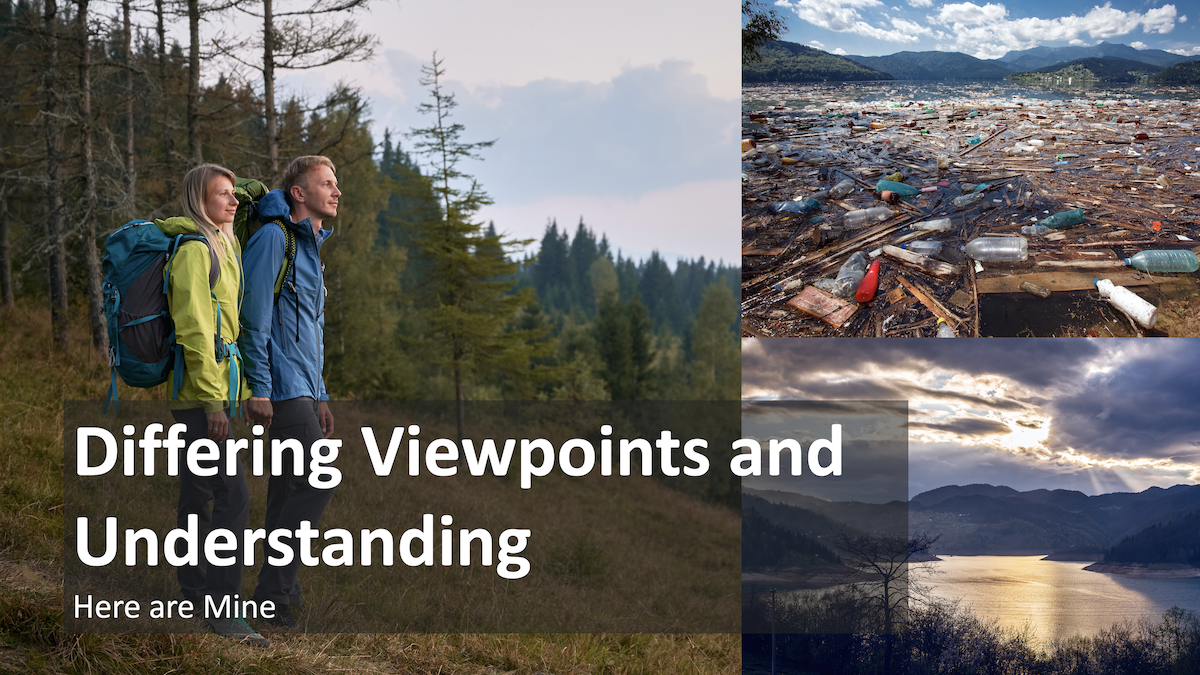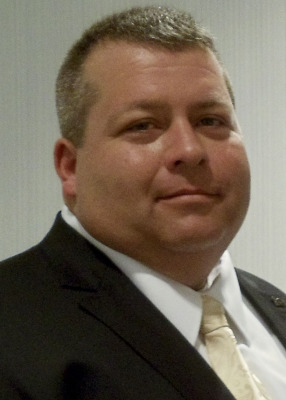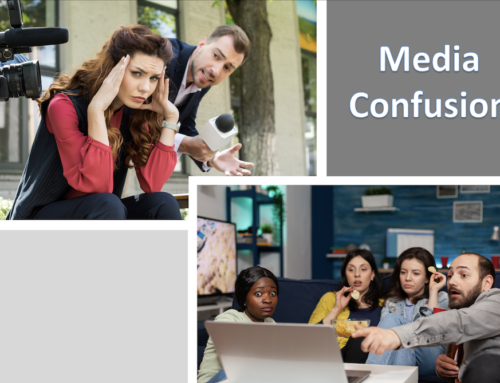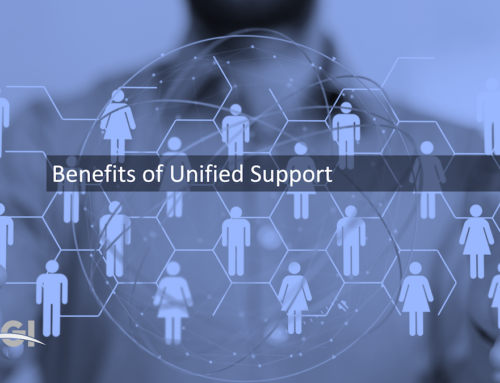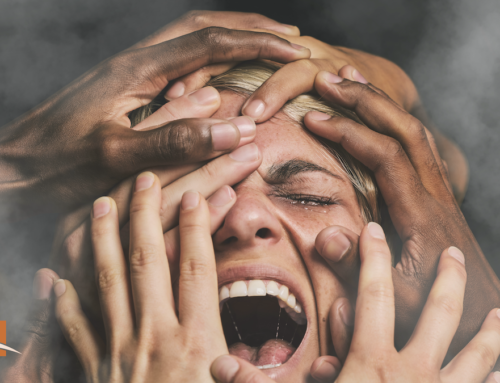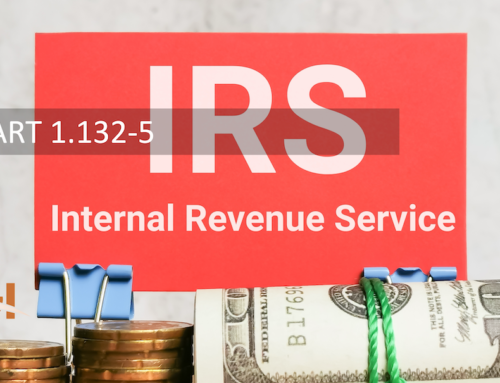Naturally, your perspective is correct in your mind, and that is okay – because it is your perspective! But this does not necessarily make the perspective of others wrong neither. I know, this sounds like a lot of doubletalk but stay with me, as the point I am making is, you are both correct in your viewpoints – until proven otherwise.
Turning a Subjective Statement into an Objective Conclusion
You see, when we have a thought or an “idea” of something, this is a subjective vs. objective viewpoint- here is the real question, “how do we make our subjective view an objective understanding?”
With the question, “how do we prove or disprove” a notion someone has or made? The answer is simple, through the practical demonstration until we demonstrate a person’s viewpoint correct or incorrect. I liken this to arguing a court claim, one party makes a claim, and the other party counters the claim with an argument, but to win the argument, we must provide factual evidence that an unbiased juror then reviews.
Some Tips to Improving Your Objectivity
- Take the time to process information provided before you render an opinion or decide to store the information in your memory or discard it as unuseful information. Learn more about information processing.
- Compare your basis of perspective vs. the argument to your view – does the other party have experiences that provide a better understanding? Do they know something that I do not already know? Remember, you only see what you know.
- As with any essential communication, listen with a third ear.
- Of course, listen to understand vs. listening to respond.
How Perspective Relates to the Protection Industry
In the protection industry, we often find disagreements in many ways, including definitions and our approach to protection. We see this played out in the classroom until we apply practical application in the field. This method allows us to demonstrate a perspective in the simulated real world.
My colleagues often argue, “how can you say one course of instruction is better than another if you only attended one course?” This statement is true; it is more appropriate not to make a comparison statement if you have nothing to compare training provided. I bring it further to having “Time in Grade.” What I mean is, you have reached a grade, a plateau if you will, in knowledge, but you also need time to apply that knowledge before you have a complete understanding and can prove your ability based on your new knowledge. Once again, we bring the subjective idea that one course of instruction is the best to prove or disprove the instruction’s quality.
Common Ground
We should engage in communication to understand vs. find fault with the transmitted message. With social and political cultures today, we see more and more people attempting to force their opinions on others for no specific reason. Unlike personal engagements, as protection professionals, we should communicate to reach a common goal. As a professional, you should control your bias and strive to achieve an objective balance in your thoughts and words.
Finally, be a contributor to improving knowledge and abilities rather than distracting from the success of others – in the end, this may determine personal success or failure.
About Bill Peeler
Bill Peeler, the driving force behind Peeler Group International, reflects on a career nearing four decades, committed to protecting individuals and institutions worldwide.
While recognized as a stalwart in security, he attributes his success to the trust and expertise bestowed upon him by countless clients. With a steadfast dedication to excellence, Bill guides the helm, championing investigative endeavors, delivering exceptional protection services, and sharing invaluable insights through training initiatives.
Preferring to lead by example, his influence extends beyond borders, fostering safety and security amidst an ever-changing landscape.

